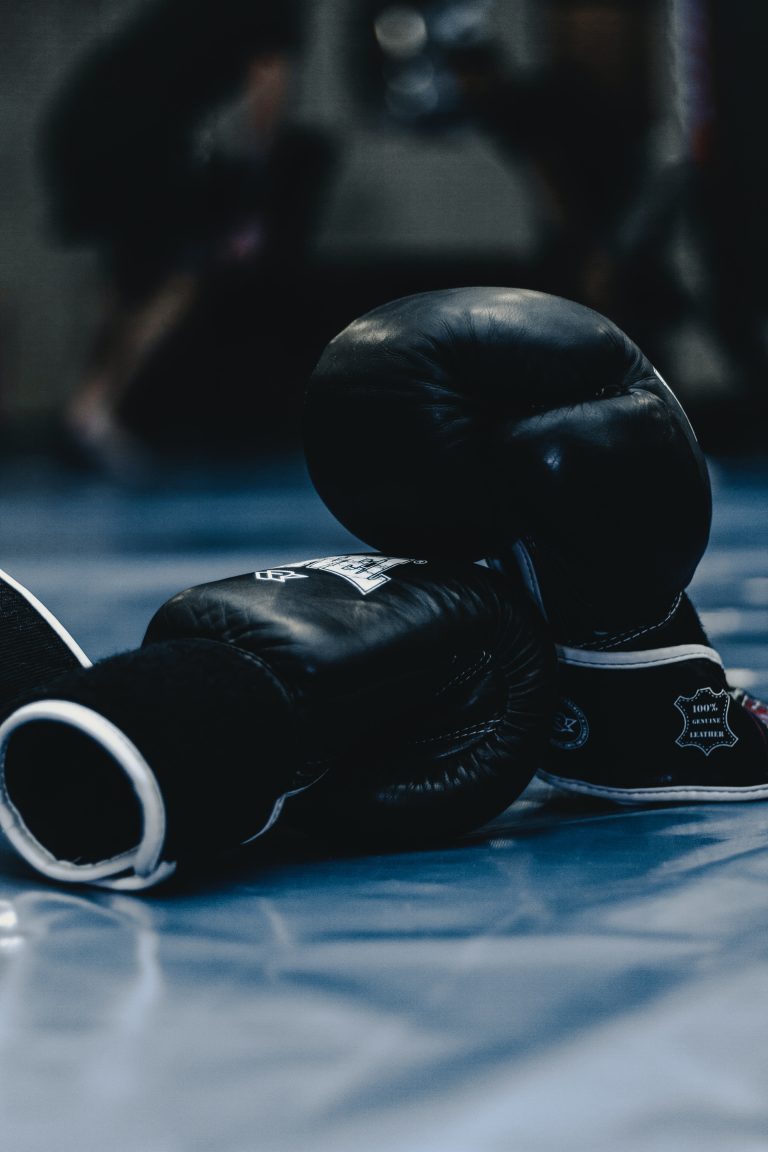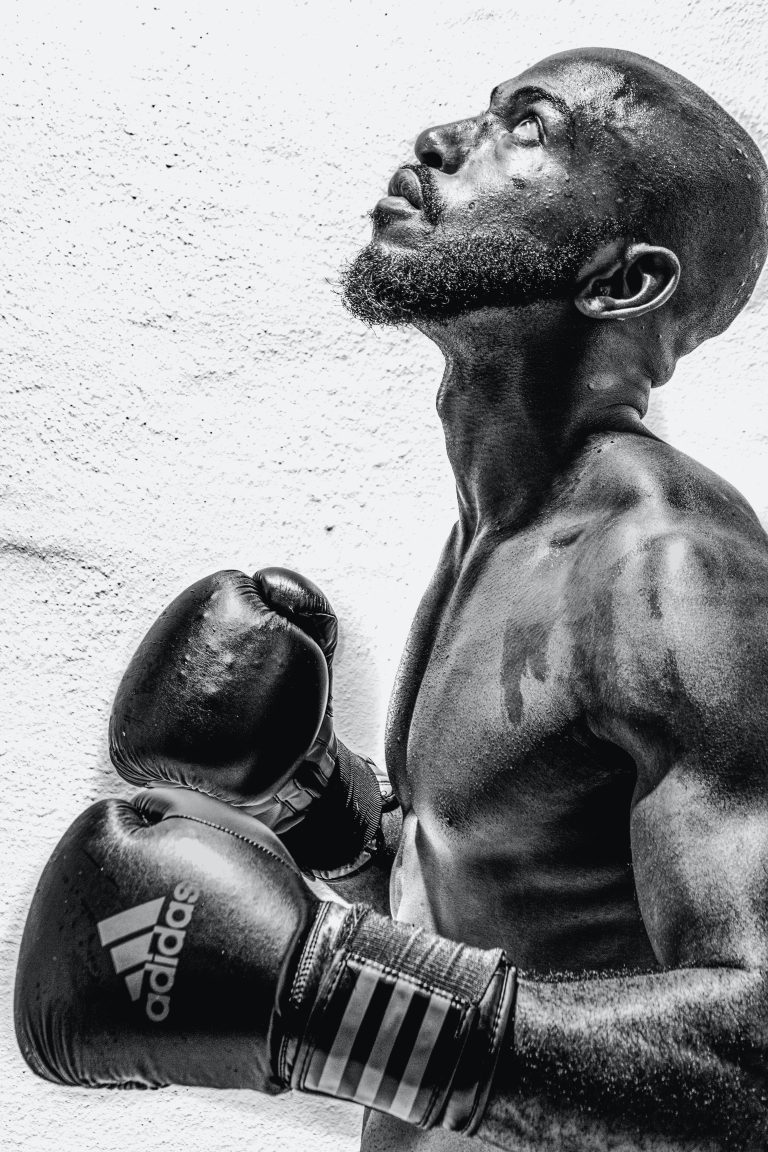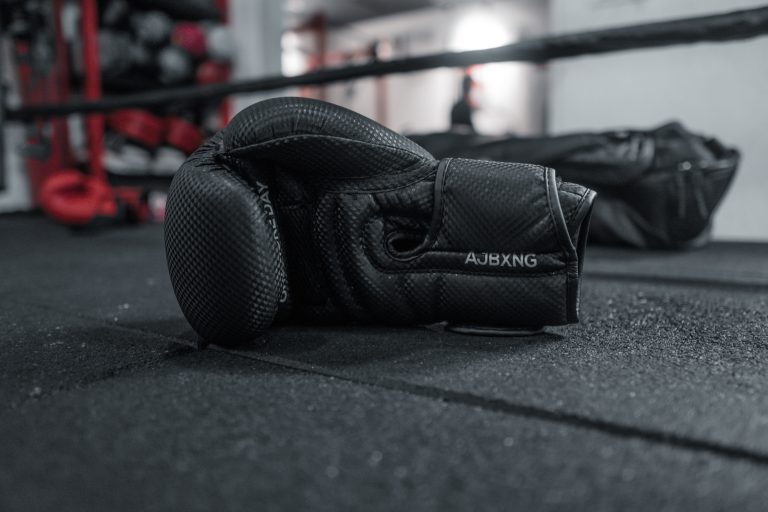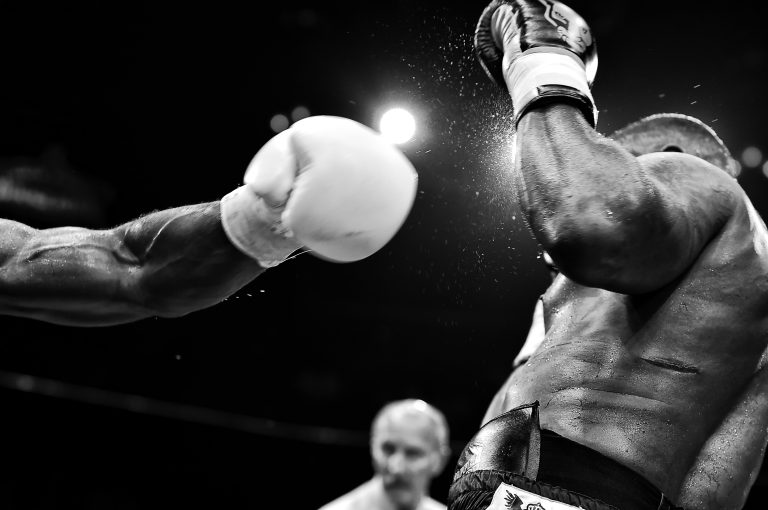Karate in Self-Defense: How to Defend Yourself Effectively
Self-defense is an essential skill that everyone should have. You never know when you might become a victim of an attack or assault. While there are many methods to defend oneself, karate is an effective martial art that can be used for self-defense. Karate puts emphasis on effective techniques, physical conditioning, and mental focus.
In this post, we will discuss how karate can be used for self-defense, and the effective ways to defend yourself.
Why Karate is an Effective Form of Self-Defense?
Karate teaches a variety of striking techniques such as punches, kicks, knee strikes, and elbow strikes. Along with striking techniques, karate includes blocks, throws, and joint locks. Training in these techniques enables a practitioner to predict an attack and defend themselves. Karate also emphasizes breathing techniques and proper body posture, which improves overall physical conditioning and mental clarity.
Effective Ways to Defend Yourself with Karate
Here are some effective ways to defend yourself with karate:
1. Be Confident and Alert
When it comes to self-defense, confidence is key. Be aware of your surroundings, and trust your instincts. Walk with your head held high, and do not show any signs of fear. Attackers tend to prey on people who look vulnerable, so maintain strong body language.
2. Strike Effectively
The secret of karate lies in delivering strikes effectively. Focus on the soft spots of the attacker’s body, such as the eyes, throat, groin, or knees. Use quick strikes and kicks to surprise the attacker and create distance between yourself and them. Strike accurately and keep your balance to avoid being knocked off.
3. Use Blocks and Sweeps
Blocks and sweeps are also effective techniques to use in self-defense. Keep your arms up in a defensive position to block an opponent’s punches, and redirect them with your forearm or elbow. Sweeping your opponent’s legs can cause them to lose balance and gain the upper hand.
4. Learn Joint Locks and Throws
Joint locks and throws are advanced techniques to use in self-defense, but they can be very effective when used correctly. By using joint locks, you can immobilize an opponent and create an opportunity to escape. Throws can enable to you to throw an opponent to the ground and either escape or restrain them.
Conclusion
In conclusion, karate is an effective form of self-defense when learned correctly. Practicing karate can help you develop confidence, physical condition, and mental focus, which are crucial in self-defense. Remember to stay alert and confident, use effective strikes, blocks, and sweeps, and learn advanced techniques such as joint locks and throws. With consistent training and practice, karate can enable you to protect yourself against any threat or attack.
Karate in Self-Defense: How to Defend Yourself Effectively
Karate is a martial art that originated in Okinawa, Japan. It is known for its powerful punches, kicks, and strikes. One of the main reasons people take up karate is for self-defense, as it teaches you techniques to protect yourself from potential attackers. Here are some of the most frequently asked questions about karate in self-defense:
1. Is karate an effective form of self-defense?
Yes, karate can be an effective form of self-defense. It teaches you how to use your body as a weapon and how to react quickly to potential threats. Karate techniques can be used in a wide range of situations, from fending off attackers to escaping from dangerous situations.
However, it’s important to note that no form of self-defense is 100% effective. In some situations, it may be better to avoid the confrontation altogether or seek help from law enforcement.
2. Do you need to have previous martial arts experience to learn karate for self-defense?
No, you don’t need any previous martial arts experience to learn karate for self-defense. Karate classes are designed for people of all skill levels, from beginners to advanced practitioners. In fact, many karate schools offer specialized self-defense classes for those who are new to the practice.
3. What are some basic karate techniques that can be used for self-defense?
Some basic karate techniques that can be used for self-defense include:
- Punches
- Kicks
- Blocks
- Throws
- Joint locks
- Chokes
These techniques can be used in various combinations depending on the situation.
4. How important is physical fitness in karate self-defense?
Physical fitness is important in karate self-defense, as it helps you build strength, endurance, and flexibility. This can improve your ability to perform karate techniques and increase your chances of successfully defending yourself.
However, it’s important to note that physical fitness is just one aspect of self-defense. Mental and emotional preparedness are also important, as they can help you react quickly and effectively to potential threats.
5. Can karate be used against multiple attackers?
Yes, karate can be used against multiple attackers. However, it’s important to remember that in these situations, your goal should be to escape and seek help as soon as possible. Taking on multiple attackers alone can be dangerous, even for skilled karate practitioners.
6. Is it necessary to continue practicing karate for self-defense after achieving a black belt?
Yes, it is important to continue practicing karate for self-defense even after achieving a black belt. Karate is a lifelong practice, and there is always something new to learn. Continual training can help you refine your techniques and maintain your physical and mental preparedness.
7. How can I find a reputable karate school for self-defense?
To find a reputable karate school for self-defense, you can:
- Ask for recommendations from friends, family, or other practitioners
- Research local karate schools online
- Visit potential schools and observe classes
- Talk to instructors and ask about their qualifications and teaching style
It is important to choose a school that emphasizes self-defense training and has experienced instructors who prioritize safety.
Conclusion
Karate can be an effective form of self-defense when taught by experienced and qualified instructors. However, it’s important to remember that self-defense is not just about physical techniques, but also mental and emotional preparedness. If you are interested in learning karate for self-defense, do your research and choose a reputable school that emphasizes realistic training for real-world situations.
Inhaltsverzeichnis






